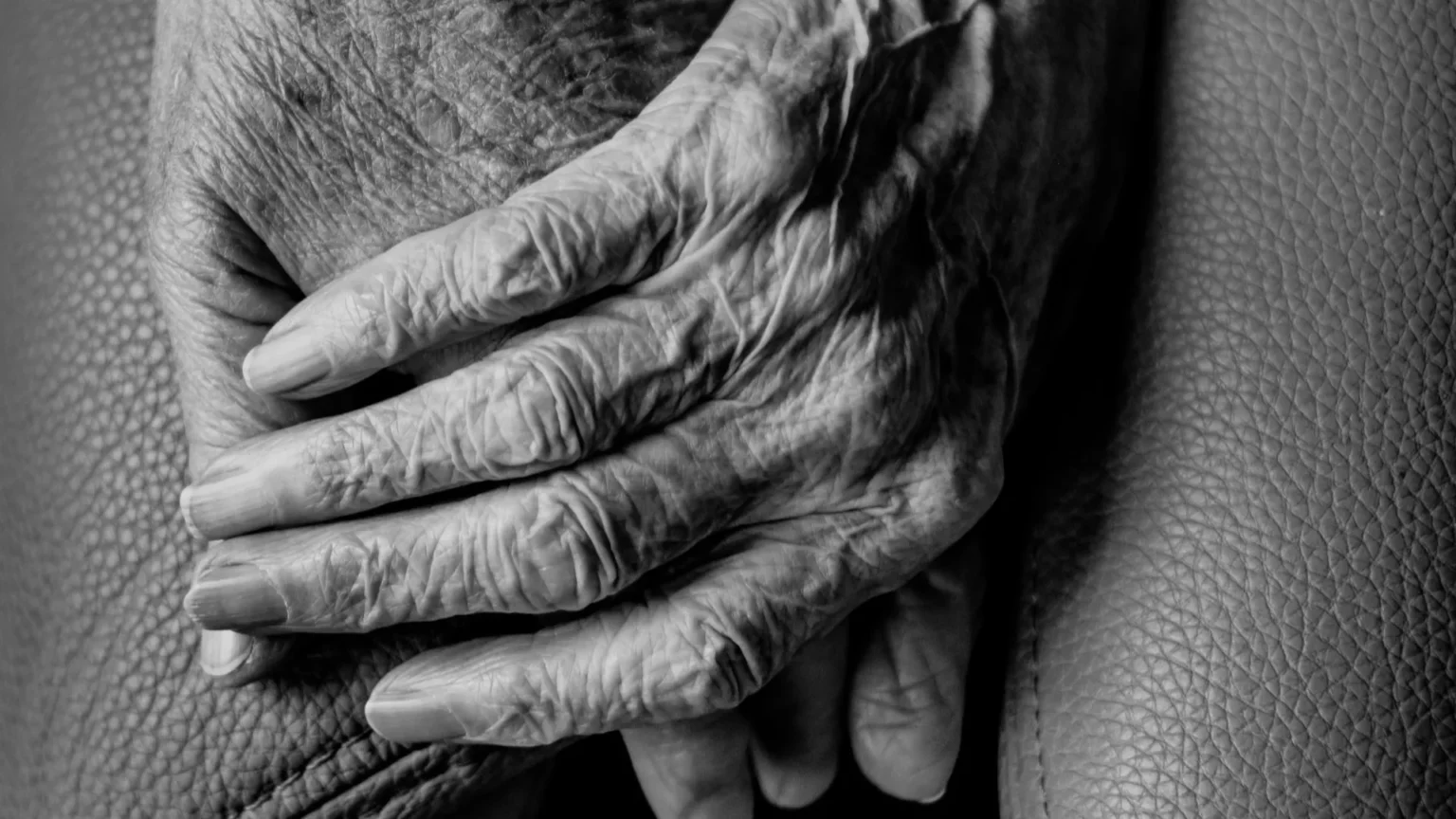What Is Considered Nursing Home Negligence Related To Patient Charting And Assessment?

In the state of New Jersey, nursing home negligence in patient charting and assessment is defined by several factors. Caregivers are expected to be aware of all patient symptoms and changes in their condition. This requires thorough and accurate documentation that accurately communicates any changes or concerns.
To ensure optimal care for each resident, caregivers must document all observations and assessments of the resident’s condition or risk of being held liable for any potential negligence.
This includes recording all vital signs such as temperature, blood pressure, and respiration rate at regular intervals. Caregivers must also note any symptoms that could be related to an underlying illness as well as any medications administered and their effects.
The important thing to remember is that caregivers should always use their best judgment and document any changes or concerns as soon as they are noticed. While it can be time-consuming, failure to document a resident’s medical history or any changes in their condition can result in serious consequences for both the caregiver and the patient.
In addition to documenting all assessments and observations, it is also important for caregivers to regularly review the resident’s medical chart. This ensures that all information is up-to-date and that any changes or symptoms are noted.
Ultimately, proper documentation of patient records is essential in providing quality care to residents of nursing homes. It helps ensure that each resident receives the best possible care and prevents potential negligence from occurring.
Caregivers must ensure that all assessments and observations are thoroughly documented and that any changes in a resident’s condition or symptoms are noted immediately. Doing so helps protect the health of the residents and keeps the nursing home staff accountable for their actions.
Furthermore, it is important to remember that proper documentation not only safeguards each resident’s health but also serves as a legal record of the resident’s care. In cases of negligence, having accurate documentation can make a world of difference in the outcome of any legal proceedings.
When it comes to patient charting and assessment in New Jersey nursing homes, accuracy and timely documentation is key. Caregivers must always be mindful of their duties and document changes or concerns as soon as they are noticed. By doing so, caregivers can help ensure that each resident receives the best possible care and protect themselves from any potential negligence claims.
In addition to documentation, regular communication between the nursing staff and physicians is also important to an effective patient charting and assessment program. By communicating regularly, caregivers can properly identify symptoms and changes in their residents’ condition before they become more serious issues. This helps ensure that any potential issues are addressed and treated promptly, minimizing the risk of negligence.
By following these guidelines, nursing home staff can help prevent instances of nursing home negligence related to patient charting and assessment in New Jersey. Ultimately, with proper documentation and communication in place, caregivers can provide quality care for each resident and ensure that the nursing home is held accountable for providing proper care.
That’s why caregivers need to be proactive in their approach to patient charting and assessment. Caregivers should strive to be thorough, accurate, and timely when documenting all assessments and observations of their residents.
Doing so helps protect both the resident’s health as well as the nursing home from any potential legal claims. Ultimately, accurate and timely documentation is essential to providing the highest quality of care for each resident in New Jersey nursing homes.
How Can Failing To Record Important Information On A Patient’s Chart Lead To Harm?
In New Jersey, the consequences of failing to properly document patient information on charts can be severe. Knowing what a patient’s medical history is and their current health status helps medical staff make informed decisions about their care. Without the right records, it can be difficult to determine a patient’s treatment plan or identify any potential risks.
Additionally, not documenting important information on a patient’s chart can lead to medical malpractice lawsuits. If doctors or nurses fail to provide adequate care or record any changes in a patient’s condition, they could be held liable for negligence. This is especially true when detailed records are essential for managing a patient’s case and ensuring their safety.
The state of New Jersey has strict regulations surrounding patient documentation that must be adhered to. For example, nursing homes are required to keep accurate records of patient care and treatment for at least five years.
The information should include details such as the date of service, a summary of the visit, medications prescribed, lab results, and any diagnosis or treatment provided. Nursing homes must also document any communication with family members or guardians regarding the patient’s condition.
Failing to properly document important information on a patient’s chart can have serious repercussions in New Jersey, ranging from medical malpractice lawsuits to inadequate care for patients. Nursing homes and other healthcare facilities must ensure they are meeting the state’s regulations for documenting patient records to avoid any potential harm or legal action.
It is also important for nursing home staff to take the time to review patient charts regularly and update any information that may have been changed or overlooked. This can help ensure that patients receive proper care and that their medical records are up to date. By taking these steps, healthcare facilities in New Jersey can help protect their patients from harm and ensure their safety is a priority.
At the same time, patients and their families should also be aware of the importance of patient documentation. By staying informed about what should be included in a patient’s chart and ensuring that any changes are recorded properly, they can help ensure that their loved ones receive the proper care they need.
Nursing homes and other healthcare facilities in New Jersey need to adhere to the state’s regulations for documenting patient records. Doing so can help protect patients from harm and ensure that they receive adequate care.
At the same time, patients and their families should also be aware of the importance of patient documentation to maintain accuracy in medical records and make sure their loved ones get the care they need.
What Steps Should A Nursing Home Take To Ensure Accurate Patient Assessments And Charting?
All nursing homes in New Jersey need to ensure that patient assessments and charting are accurate. Being able to accurately assess the needs of each resident is paramount in providing quality care. To do this, there are a few steps to take.
First, nursing home staff should become familiar with the assessment forms and protocols used in the state. This will help ensure that all necessary information is gathered to make a comprehensive assessment of each resident’s condition.
Second, nursing home staff should be trained in how to accurately document patient assessments. The documentation should include records on physical and mental health conditions, medications taken, and the overall care plan for the resident. All this information needs to be kept up to date for the care team to adjust the treatment plan accordingly.
Third, nursing home staff needs to perform ongoing assessments of each resident’s condition. This could include taking vital signs, watching for any changes in behavior or physical state, and regularly discussing concerns with family members or other care partners. These assessments should also involve noting any changes in the residents’ care plan over time.
Finally, nursing home staff should adhere to a system of review and quality assurance. This includes ensuring that patient assessments are completed properly and accurately, as well as regularly checking that records are up to date and accurate.
Additionally, nursing homes need to create a culture of transparency by having staff communicate any changes in care plans or assessments with residents’ family members and other care partners.
By following these steps, nursing homes in New Jersey can ensure accurate patient assessments and charting. This allows for timely diagnosis and treatment of patient conditions, as well as improved communication among all involved parties. Ultimately, this helps ensure that residents receive the highest quality of care.
Nursing homes should also consider investing in technology to help streamline the assessment and charting process. This could include using electronic medical records (EMR) systems, which allow for easy access to patient information across multiple locations.
Additionally, there are a variety of software programs available that enable nursing home staff to quickly enter and store patient information in a secure and organized way. Utilizing these tools can help streamline the assessment and charting process, allowing for more accurate assessments and improved patient care.
By following these steps, nursing homes in New Jersey can ensure that they are accurately assessing their patient’s needs and providing quality care. This will not only benefit the residents but also increase satisfaction among families and other care partners.
With well-documented assessments, the quality of care is improved, and the risk of medical errors is minimized. These steps are essential for ensuring that everyone in a nursing home receives the best possible care.
How Can I Prove That A Nursing Home’s Failure To Accurately Assess Or Chart Caused Harm To My Loved One?
In New Jersey, when a nursing home resident experiences harm due to improper assessment or charting, their family may take legal action against the facility.
To successfully prove that a nursing home’s failure to accurately assess or chart caused harm to their loved one, there are a few steps the plaintiff must take:
• Demonstrate that the Nursing Home Owed a Duty of Care – A plaintiff must prove that the nursing home has a legal responsibility to ensure their resident’s health and safety.
• Prove Breach of Duty – The plaintiff needs to show that the nursing home breached its duty of care by failing to accurately assess or chart. The plaintiff should provide evidence, such as medical records and testimony from witnesses, to show that the nursing home did not carry out its duty of care.
• Show Causation – The plaintiff must demonstrate that the breach of duty caused harm to their loved one. To do this, they should provide evidence such as medical records and witness testimonies, as well as expert testimony from a medical professional or a relevant specialist.
• Establish Damages – The plaintiff must show that their loved one suffered an injury due to the nursing home’s failure to accurately assess or chart. This can include physical harm, emotional distress, medical expenses, and lost wages.
By following these steps, a plaintiff may be able to prove that a nursing home’s failure to accurately assess or chart caused harm to their loved one in the state of New Jersey. Additionally, plaintiffs need to seek legal advice to ensure that they have a strong case and can successfully pursue justice.
It is also worth noting that nursing home abuse or neglect is a serious issue in New Jersey. In the event of any suspected harm, families should act as soon as possible to protect their loved ones and hold the facility accountable.
Taking these steps can help ensure that nursing home residents are safe and secure and that those responsible for any harm are held accountable. Families should never hesitate to seek justice when an elderly loved one is suffering from neglect or abuse in a nursing home setting.
It is important to remember that each case will vary, and it is advised to consult a legal professional for advice on the best course of action. A qualified attorney will be able to provide guidance and ensure that any harm done is addressed. With the right representation, families may be able to secure compensation for their loved one’s suffering and hold those responsible accountable.
It can be difficult to handle cases involving nursing home abuse or neglect, but it is important to remember that justice can be served. With the right resources and legal assistance, families may be able to protect their loved one’s rights and seek justice for any harm they have suffered.
How Can A New Jersey Personal Injury Attorney Assist Me In My Nursing Home Negligence Case?
A New Jersey personal injury attorney can be an invaluable asset when it comes to seeking compensation for nursing home negligence. In most cases, lawyers who specialize in this area of law have extensive experience in evaluating medical records and other information related to a particular case, as well as determining whether the care provided was adequate.
An attorney will also be able to provide advice on the best course of action for the injured party, whether it is filing a lawsuit or seeking an out-of-court settlement. Furthermore, they can guide the applicable laws and regulations regarding nursing home negligence as well as other legal issues that may arise during the case.
Additionally, New Jersey personal injury attorneys are often familiar with local nursing homes and their practices. This can be incredibly useful for obtaining crucial information, such as whether the nursing home is up to date on its safety requirements and regulations. A lawyer can also help determine if any medical malpractice has occurred and advise on the best course of action moving forward.
Finally, a New Jersey personal injury attorney will ensure that your legal rights are protected throughout every step of the process. They will work hard to make sure that you receive the compensation you deserve for any injuries or losses caused by the nursing home’s negligence. With their experience and expertise, a New Jersey personal injury attorney can help ensure that you get the justice and restitution you are entitled to.
No matter what kind of case involving nursing home negligence is presented, a New Jersey personal injury attorney can provide invaluable assistance. By providing legal counsel throughout the entire process, they can increase the chances of a successful outcome for their client and ensure that any damages are appropriately compensated.
If you or someone you know has been injured due to nursing home negligence, it’s important to seek out experienced legal representation from an attorney who specializes in this area of law.
Related Blogs
No Fee Unless
GGL Wins
We've got you covered.
We are available 24/7/365
One of our advisers will contact you.

OFFICIAL PARTNER OF RUTGERS ATHLETICS



Recent GGL Wins
Auto Accident
Mediation award Plaintiff was injured in an intersection motor vehicle collision resulting in neck and lower back fusion surgeries.
$2 Million
Verdict
Workers' Compensation
25-year-old laborer died in an industrial accident while working.
$1.15 Million
Verdict
Construction Accident
Roofer fell off roof causing head trauma resulting in a head injury. Plaintiff was not given fall restraint protection equipment by contractor.







